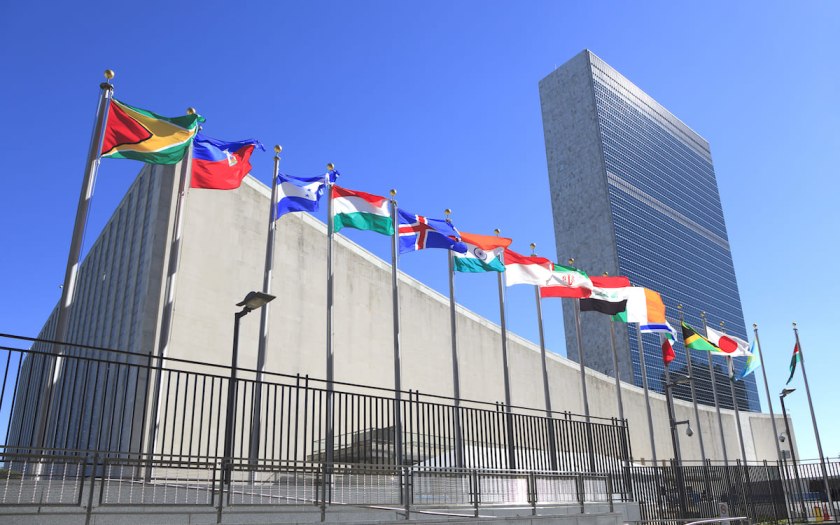The United Nations Human Rights Council has overwhelmingly rejected an effort by Eritrea to terminate the mandate of a UN-appointed expert tasked with investigating alleged rights violations in the country a decision hailed by Western diplomats as a vital safeguard against weakening international accountability mechanisms.
Eritrea’s surprise motion, tabled on Friday, sought to end the special rapporteur's mandate an uncommon move for a country under active UN scrutiny.
But the initiative was soundly defeated, with only four member states supporting it, 25 voting against, and 18 abstaining.
In response, the European Union successfully introduced a counter-resolution to extend the mandate by another year, a measure that passed without significant resistance.
Mohamed Abdelsalam Babiker, a Sudanese human rights lawyer who currently serves as the UN special rapporteur on Eritrea, has in recent reports described the rights environment in the Horn of Africa nation as dire.
He cited systemic arbitrary detention and indefinite military conscription—factors contributing to sustained waves of migration.
The renewal of Babiker’s mandate was welcomed by rights advocacy group Defend Defenders, which said his role remains essential for survivors of abuse and for members of the Eritrean diaspora seeking justice.
The EU delegate warned that scrapping the position would only embolden impunity and suppress ongoing violations under a veil of silence.
In a fiery rebuttal, Eritrea’s chargé d'affaires, Habtom Zerai Ghirmai, accused the EU of wielding a "neo-colonial savior mentality," and dismissed the council’s decision as “an affront to reason and justice.”
Backing for Eritrea’s failed bid came from nations also under UN investigation themselves, including Russia, Iran, and Sudan. China also voiced support, labelling country-specific mandates as ineffective and fiscally wasteful.
